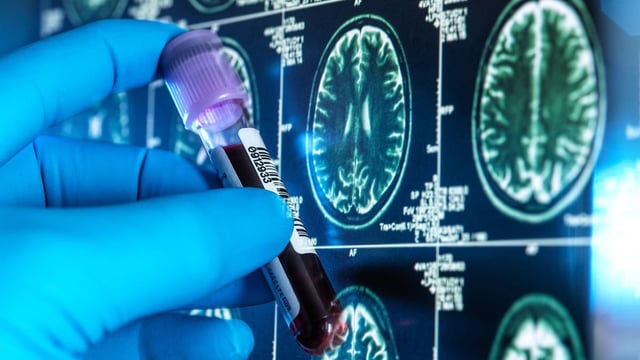Overview
- Recent research shows individuals with HSV-1 have an 80% higher relative risk of developing Alzheimer’s disease, though the absolute numbers remain small.
- Antiviral treatments for HSV-1 are associated with a 17% reduction in Alzheimer’s risk, highlighting a potential avenue for prevention.
- HSV-1 has been found to trigger the production of amyloid-beta plaques and tau proteins, key markers of Alzheimer’s pathology, in laboratory studies.
- The shingles vaccine has been linked to a lower risk of dementia, supporting the idea that managing dormant viruses could reduce Alzheimer’s risk.
- Experts emphasize that Alzheimer’s disease has multiple risk factors, and while HSV-1 may contribute, it is not the sole cause of the condition.

